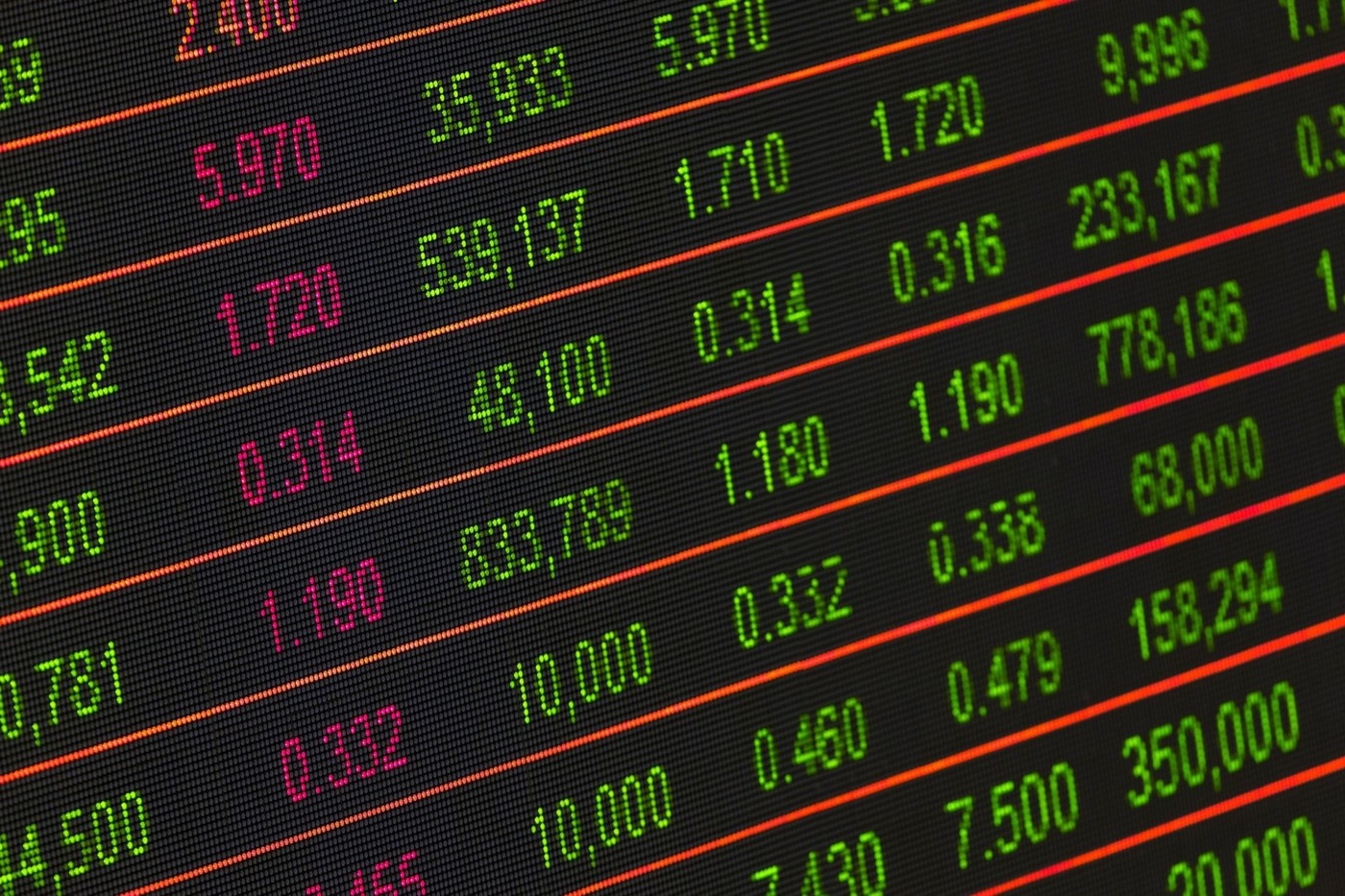The Foundations of Finance – Stock Markets
Stock markets are essentially places where people meet to trade – buy or sell – stocks. These markets refer to places such as trading floors in New York, London; however the majority of these trading transactions happen electronically. Simply put, when you buy a stock you essentially buy a piece of the publicly-traded company. Investors hoping to make money buy stocks in companies they believe will succeed (or against one that they hope will fail), hold the stock for a period of time and then sell it at a higher price, making a profit.
Why would the company give a ‘piece’ of itself to investors?
Companies can raise funds by selling the shares to expand their business. When Facebook first sold its shares in 2012, it earned $16 billion from its listing on the stock exchange. From a small startup to the tech giant it is today, that $16 billion did make a significant difference in its performance. If you invested $1000 in Facebook in 2012, you could sell it at around $4600 right now. That is a 360% return. Seems unreal, doesn’t it?
Why does the stock price rise over time?
Stock prices move up and down literally every minute due to changes in the supply and demand. This means that if a lot of people also believed that Facebook is going to succeed, the demand for its shares will be high, consequently its share price will increase. Along with that, a lot of companies give out ‘dividends’ – portion of the company’s earnings – to their shareholders. Anticipating that a higher dividend will be issued can also increase the demand for a company’s stock. A company’s stock price can tell you a lot about the company, going beyond just how much its worth. Take economist Armen Alchian, apparently in 1954 he was able to figure out what the secret fuel was for the newly developed hydrogen bomb just by looking at the share prices of chemical suppliers on the stock market.
How does all of this affect me?
If you, like a significant number of Warwick students, are looking to get a job in the finance/consulting industry, chances are you’ll be hearing the word “markets” a lot. Even if you’re not going into this industry, adult conversations tend to have a lot of “its the market’s fault” talk. Stock markets essentially affect everything, from how expensive petrol will be to how much your favourite social media app is going to invade your privacy. As a job-seeker, it also helps you identify which companies and industries are expanding and which are going obsolete. Knowing more about a system that affects so much of our daily lives can hone our understanding of why certain things happen the way they do.
This modern concept of stocks started with The Dutch East India Company, the first multinational corporation in existence, created in 1602. Company shares were issued on paper, enabling investors to trade shares back and forth with other investors, but regulated exchanges did not exist until the formation of the London Stock Exchange (LSE) in 1773. With London being the supposed financial hub, you might think that LSE would be the biggest stock exchange, but actually New York Stock Exchange is the biggest, followed by Shanghai and then London. The NYSE trades $1,520 billion of shares per month, while Shanghai trades $1,278 billion and The London Stock Exchange only trades $165 billion per month.
Significant political events like Brexit definitely get the ‘market moving’, but so do speeches and tweets (Trump)
To follow these massive stock exchanges, price indices are created. A perfect example of this is the FTSE (Financial Times Stock Exchange) 100, a price index that represents the value of the UKs largest 100 companies. It shows how well or poorly these companies, and thereby the economy as a whole, is performing at a particular time. Stock markets have a symbolic role in reflecting everyday political and social events. For instance, when the outcome of the Brexit vote was released, the market’s reaction was an indication for what was to come going forward. Significant political events like Brexit definitely get the ‘market moving’, but so do speeches and tweets (Trump).
After reading this, if you’re all geared up to trade and get your 360% return so you can quit that part-time job, I would say wait one more week. Next week we discuss Bull and Bear Markets where you’ll read about how an index once lost 89% of its value and ushered in the Great Depression.

Comments
Comments are closed here.